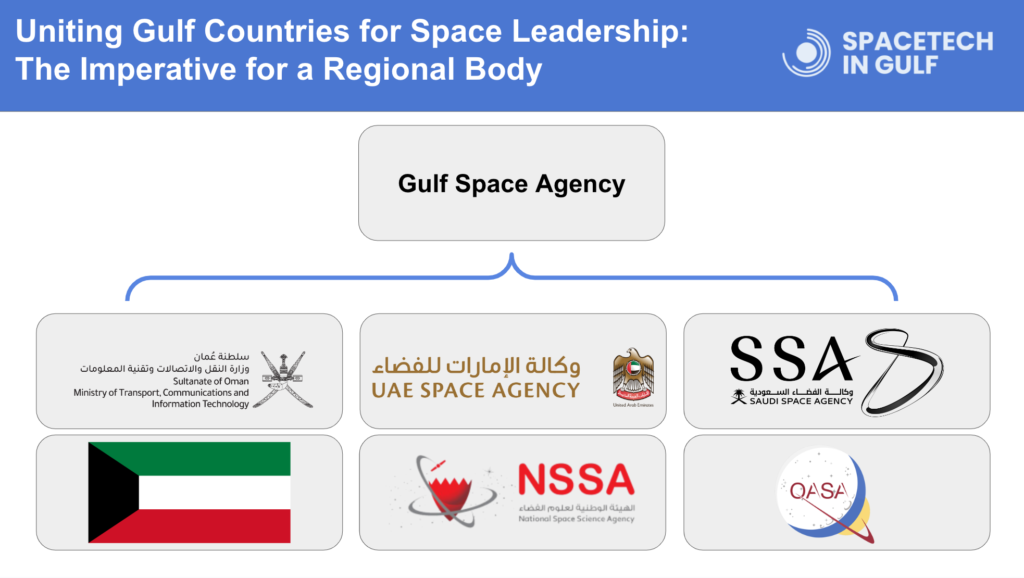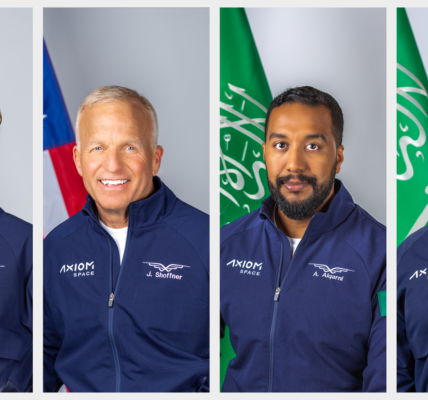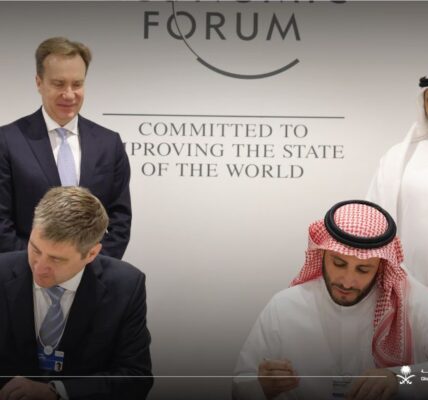Uniting Gulf Countries for Space Leadership: The Imperative for a Regional Body

In the vast expanse of space, collaboration is key. The Gulf region, with its strategic location, rapid economic growth, and burgeoning interest in technology and innovation, is poised to become a significant player in the global space industry. However, as we are well aware, the space industry demands substantial infrastructure and intellectual capacity, both of which come at a high cost. History has shown that small countries struggle to independently implement large-scale space projects. Therefore, to fully harness its potential, the region must come together under a robust regional body dedicated to coordinating space developments.
Just as the European Space Agency (ESA) has successfully united European nations in space exploration, a Gulf Cooperation Council (GCC) equivalent could propel the region to new heights in space endeavors. ESA stands as a testament to the power of collaboration. By pooling resources, knowledge, and expertise, ESA member states have undertaken ambitious space projects, including satellite launches, Mars exploration, and international collaborations.
Another example of the most notable collaboration is the Artemis program by NASA which aims to establish a permanent base on the Moon and to facilitate human missions to Mars. The Artemis program highlights the importance of strong intellectual resources and financial commitment to space projects. By sharing the burden of costs and knowledge, NASA is working together with other 36 countries, to achieve what neither could do alone.
Similarly, the Gulf countries can benefit immensely from a unified approach to space development. Space projects are notoriously high-priced and demand strong intellectual resources. By joining forces, Gulf nations can pool their resources to undertake ambitious projects that would otherwise be unattainable. This collaboration would not only lead to cost savings but also foster a culture of innovation and cooperation in the region.
By establishing a strong regional body for space coordination, the GCC countries can unlock a multitude of benefits:
- Production and Distribution: A coordinated approach to space development would allow for the efficient production and distribution of space technology and resources, benefiting all member states.
- Knowledge Transfer: A regional body would facilitate the transfer of knowledge and expertise among member states, fostering innovation and technological advancement in the region.
- Joint Projects: Collaboration would enable the GCC countries to undertake larger and more ambitious space projects, such as space launch facilities and Moon and Mars exploration, that would be challenging for individual nations.
- Economic Growth: Investing in space technology and infrastructure would stimulate economic growth, creating new job opportunities and industries in the region.
- Scientific Advancements: A coordinated space program would lead to significant scientific advancements, such as addressing the issue of space debris through a strong plan for removal and implementation. Additionally, it would contribute to an improved understanding of Earth’s climate and environment.
- International Collaboration: A regional body would enhance the GCC countries’ international standing and enable them to collaborate with other space agencies and organizations on a global scale, empowering the region to play a more influential role in the international space community.
Forming a Regional Space Coordination Body in the Gulf
The formation of such a regional body could be structured as an intergovernmental organization, with each Gulf Cooperation Council (GCC) member state represented in its decision-making processes. The headquarters of this body could be rotated on a yearly basis among the capitals of the member states, symbolizing a shared commitment and ensuring equitable distribution of benefits among the members.
The establishment of this body would require the ratification of a treaty or agreement among the GCC countries, outlining the objectives, structure, and governance of the organization. The treaty could also specify the funding mechanisms and contributions of each member state, ensuring financial sustainability and equitable burden-sharing.
Furthermore, the body could establish specialized committees or working groups to focus on specific areas of space development, such as satellite technology, space exploration, or space policy. These committees would facilitate collaboration and knowledge sharing among experts from different member states, enhancing the effectiveness and impact of the organization.
Overall, the formation of a regional body for space coordination in the Gulf region would require a concerted effort and commitment from all member states. By pooling their resources, expertise, and aspirations, the Gulf countries can build a strong foundation for space exploration and innovation, leading to mutual benefits and advancements for the region as a whole.
In conclusion, the establishment of a strong regional body for space coordination in the Gulf region is not just a strategic imperative but also a transformative opportunity. By following the example of ESA and the Artemis program, the GCC countries can pool their resources and expertise to become leaders in space exploration and innovation. Through collaboration, the Gulf countries can reach for the stars and inspire future generations to dream big and aim higher.

Alex Cresniov, Founder of SpaceTech in Gulf
About the author: Passionate in the Space industry with significant expertise in Policy Making, Global Socio-Economic Assessments, and DeepTech Analytics.
Email: [email protected]




